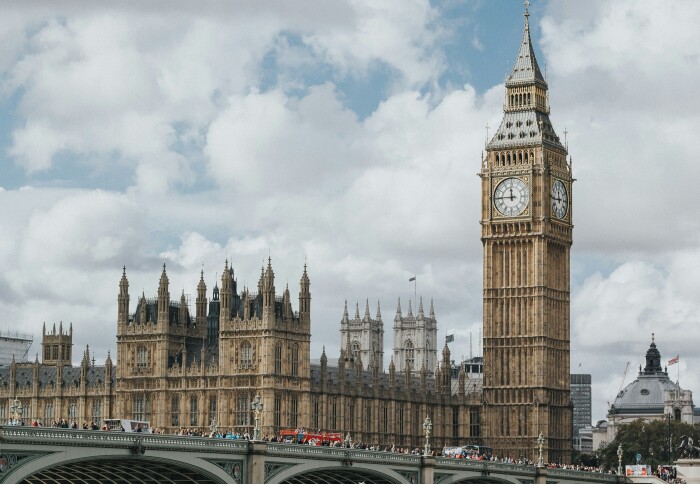Grantham Institutes set out climate priorities for next UK government

The next government must take ambitious action to cut emissions and champion an unprecedented global effort to secure a liveable future.
In a joint call published today, the Grantham Institutes at Imperial College London and the London School of Economics and Political Science said the lifetime of the next government will be critical in avoiding the worst impacts of climate change.
The new government will come to power at a pivotal moment in the lifecycle of the Paris Agreement, as countries prepare to submit new “nationally determined contribution” plans – setting out their commitments to reduce greenhouse gas emissions and adapt to climate impacts – ahead of COP30 in 2025.
The institutes said the UK should play a strong role in raising global ambition at this critical time by putting forward a robust policy and investment plan to drive stronger mitigation and adaptation action across all parts of the UK economy, and by taking the lead on the delivery of the COP28 commitment to transition away from fossil fuels.
“It's only by putting its own house in order that the UK can credibly champion climate action on the international stage and help raise ambition globally.” Dr Caterina Brandmayr Director of Policy and Translation, Grantham Institute - Climate Change and the Environment
“Whatever government is in place on the 5th of July needs to take action from day one – fast tracking the transition to a cleaner, more resilient economy,” said Dr Caterina Brandmayr, Director of Policy and Translation at the Grantham Institute – Climate Change and the Environment at Imperial.
“As countries prepare to submit new climate plans under the Paris Agreement, it is vital that the UK reasserts its leadership by putting forward an ambitious and credible plan to cut emissions and boost resilience. It’s only by putting its own house in order that the UK can credibly champion climate action on the international stage and help raise ambition globally.”
A report published last week by over 50 international climate scientists, including researchers at Imperial, found that human-induced warming is increasing at an unprecedented rate and that the world is now perilously close to exhausting the remaining carbon budget to keep global emissions below the Paris Agreement’s 1.5C limit.
The institutes are calling on the next government to put forward a comprehensive policy programme to meet the UK’s emissions targets and address climate risks while strengthening the economy and reaping the near-term benefits of action for households, businesses, and communities.
Specifically, the next government should:
- Put the UK firmly on track to meet its emission reduction commitments, to deliver a stronger economy and benefit communities across the country
- Boost resilience and reduce the vulnerability of UK communities, businesses and infrastructure to the increasing impacts of a warmer climate
- Ensure a just transition for workers, consumers and citizens?
- Ensure that decision-making about climate change policies is informed by the best available expertise and advice
- Ensure the UK demonstrates international leadership on climate change
“This election is happening while climate change impacts are worsening in the UK and around the world. We have just experienced one of the warmest and wettest winters on record in the UK, which has brought misery for farmers and householders affected by flooding,” said Bob Ward, Policy and Communications Director at the Grantham Research Institute at the LSE.
“Right across the country, voters for all parties want the next government to be more ambitious in cutting emissions and making the UK more resilient to climate impacts. Greater ambition would not only reduce harm to lives and livelihoods from climate change impacts but would also boost productivity and growth.”
Previous research has shown that action to address climate change enjoys strong public support, and that voters on both the right and the left of the political spectrum are in favour of action that can deliver co-benefits like cleaner air, more affordable home heating and better energy security.
Article text (excluding photos or graphics) © Imperial College London.
Photos and graphics subject to third party copyright used with permission or © Imperial College London.
Reporter
Conor McNally
The Grantham Institute for Climate Change